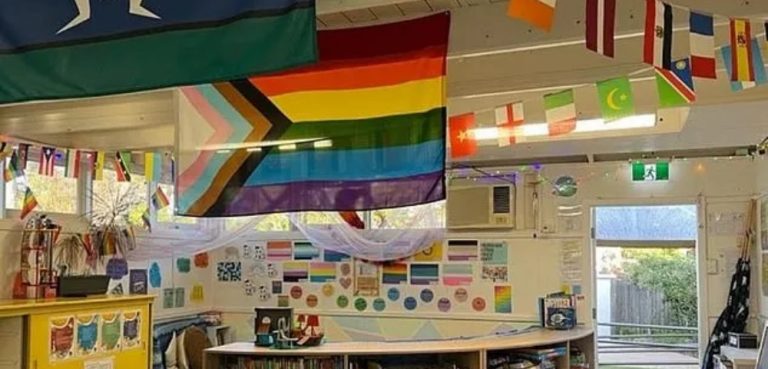
Uganda’s anti-gay laws fuelled repression and abuse: Amnesty report

A NEW report has revealed that state-sanctioned repression, violence and homophobic discrimination was rife in Uganda when the Anti-Homosexuality Act was in force.
The news comes as Rule by Law – Discriminatory Legislation and Legitimized Abuses in Uganda, a new report by Amnesty International was launched in Uganda’s capital city Kampala on Thursday.
The report documents the cumulative human rights impact of the Public Order Management Act, the Anti-Pornography Act and the now-nullified Anti-Homosexuality Act, all of which were passed by Uganda’s Parliament and signed into law between August 2013 and February 2014.
The Anti-Homosexuality Act was overturned by Uganda’s Constitutional Court in August on the grounds that Parliament passed it without quorum. Constitutional challenges to the Anti-Pornography Act and Public Order Management Act are pending.
“Repression in Uganda is increasingly state-sanctioned through the use of blatantly discriminatory legislation that erodes rights guaranteed in the country’s Constitution,” Amnesty International’s East Africa deputy regional director Sarah Jackson said.
“The government must act now to revise these toxic laws, which threaten the core of human rights in Uganda.”
According to the report, while the Anti-Homosexuality Act was in force people who identified as – or were perceived to be – LGBTI were arbitrarily arrested, including when reporting crimes against them.
Amnesty International also stated that some were beaten and groped by police and other detainees in custody.
The law also led to LGBTI people being evicted from their homes and losing their jobs, and LGBTI people were also subject to mob attacks in the streets.
“The vague wording of these laws has caused them to be interpreted by the public in a dangerous way,” Jackson said.
“Many have taken the law into their own hands through mob justice and abuses against women and LGBTI people.
“The government’s failure to properly clarify the laws makes it complicit in the abuses taking place.”
The Anti-Homosexuality Act was also invoked to restrict certain assistance to refugees within Uganda, according to Amnesty International.
In June, the country’s Ministry of Health issued a directive affirming non-discrimination in access to healthcare.
Despite this, Amnesty International believed the ability of organisations to provide healthcare was negatively affected by the Anti-Homosexuality Act, with some LGBTI individuals too scared to access required services.
Jackson added that although the homophobic laws have since been nullifed, the effects were still felt.
“The fundamental issues have not been dealt with,” she said.
“People who would normally speak out in defence of others have been stigmatized and silenced.”
Meanwhile, on Monday Amnesty International secretary general Salil Shetty published an open letter to Idriss Deby, the President of Chad, warning him that if a homophobic bill currently before parliament is passed, he would be showing disregard of his country’s human rights obligations.
Shetty urged Deby to scrap the bill, which threatens to impose jail sentences of up to 20 years and heavy fines for people “found guilty” of same-sex conduct.
“If this homophobic bill becomes law, President Deby… will deny people their right to privacy, will institutionalise discrimination and enable the stigmatisation, harassment and policing of people who are, or are perceived to be gay — regardless of their sexual behaviour,” Shetty wrote.
“President Idriss Deby must immediately intervene and stop this bill.”
Should the law be ratified, Chad would become the 37th African country to criminalise homosexuality.
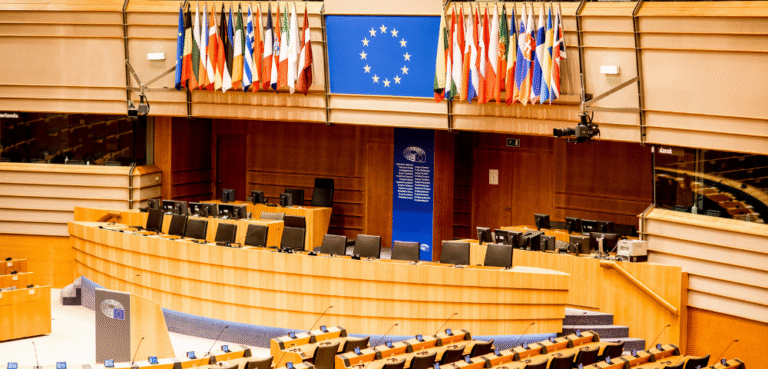

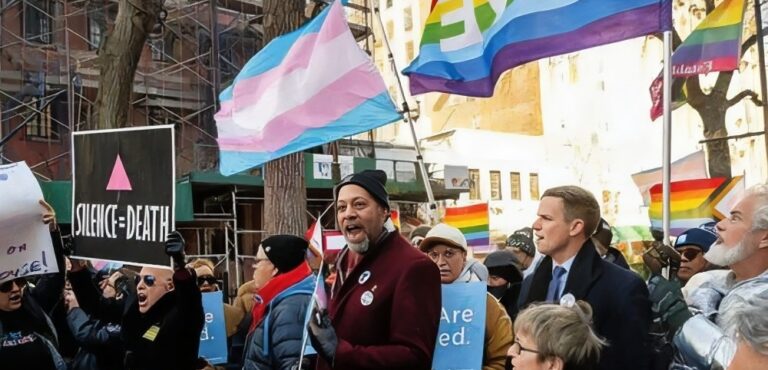



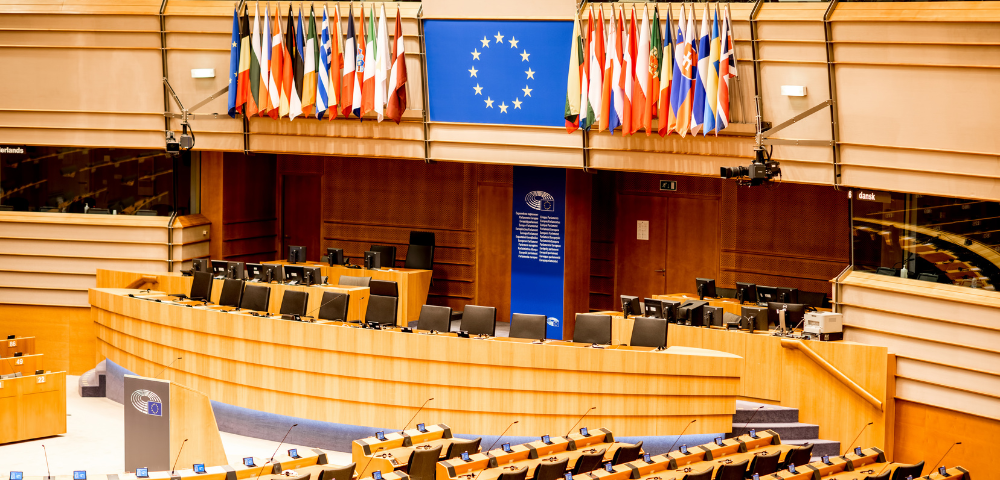

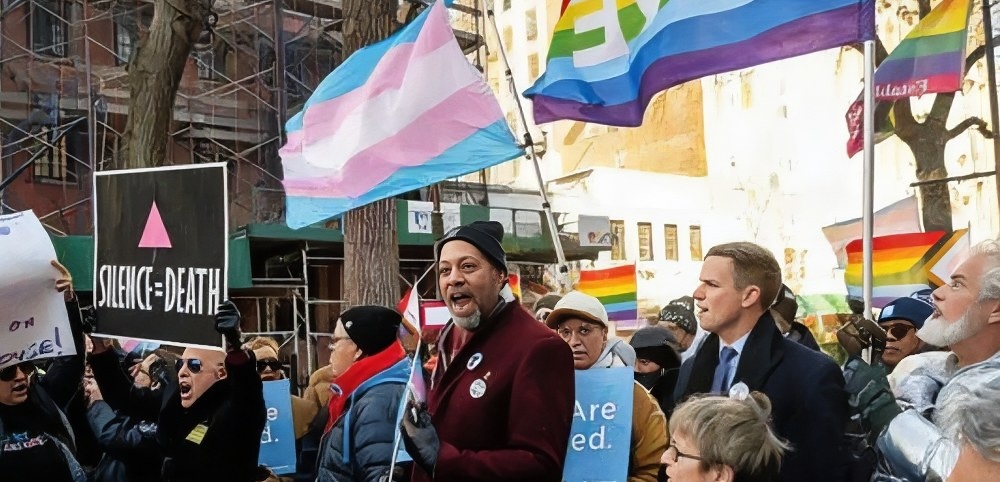
Human rights violations, hunger/famine, AIDS, war and corruption are rife in many African Nations – Hard-Right Religious fundamentalist Christians (who control 67 percent of Governments in Africa) – just use gay people as scape goats or a use for target practice for something to blame (such as the Ebola outbreak, AIDS or earthquakes)!
What a disgrace and hell hole Africa has always been! LGBTI people have a full right to express there sexuality (just like me too since I am gay too), have a right to dignity and respect as taxpayers just like everyone else – we deserve full equality under the law (from gay sex legalisation, equal age of consent, laws to prevent workplace and accommodation discrimination to full civil union, partnership or gay marriage rights), no matter were you live, work or who you are with as a partner or spouse!